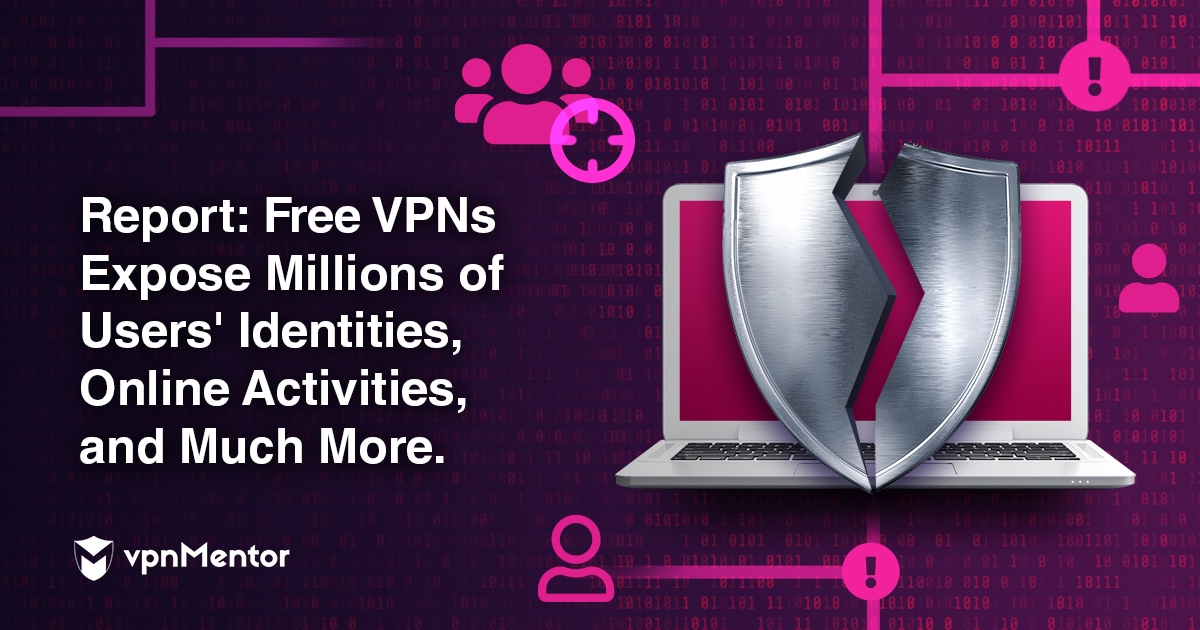This isn't really about my camera setup, but it is about networking in a way.
Either tomorrow or Tuesday the phone company is supposed to come and get me hooked up to VDSL. I'm currently using a WISP provider that I've been with for the last 17 years, and while obviously speeds have improved and they are more reliable than they once were, I still see way too frequent downtime, not to mention the congestion. I'm paying for 40Mb internet, speed test have shown as high as 80Mb but are normally in the 20-30 range, depending on the time of day. I will be back on the road for work soon, leaving me to do everything involving the cameras long distance. I'm assuming the VDSL will be more reliable than my Fixed wireless, but I'm not really sure. I know my mothers home phone seems to have semi-frequent issues and I'm not sure if the internet will be the same way.
Since I don't want to get into a situation where I need to check my cameras and can't connect, and reliability is more important when I'm on the road than price, I'm considering keeping both connections to have one as a backup. I currently have a subscription to ExpressVPN that I'm using as my VPN, but I would be willing to use spotify if that's my best option. My main question is whether I should use speedify or just connect both of my connections into a switch and call it good. If the switch is the best route, what all do I need to configure to make it work? I'll have one router plugged into the phone company's modem, and I have another router I can run the other connection to if needed. One is currently running ExpressVPN firmware on it, but I can flash back to the original Asus firmware if needed. I just want to be sure I'm using a VPN for all internet traffic because the people at the local Telco can get nosy and speedify does not support OpenWRT or DD-WRT so I may be answering my own question. I'm just curious if there's any awesome options I could be missing.
Either tomorrow or Tuesday the phone company is supposed to come and get me hooked up to VDSL. I'm currently using a WISP provider that I've been with for the last 17 years, and while obviously speeds have improved and they are more reliable than they once were, I still see way too frequent downtime, not to mention the congestion. I'm paying for 40Mb internet, speed test have shown as high as 80Mb but are normally in the 20-30 range, depending on the time of day. I will be back on the road for work soon, leaving me to do everything involving the cameras long distance. I'm assuming the VDSL will be more reliable than my Fixed wireless, but I'm not really sure. I know my mothers home phone seems to have semi-frequent issues and I'm not sure if the internet will be the same way.
Since I don't want to get into a situation where I need to check my cameras and can't connect, and reliability is more important when I'm on the road than price, I'm considering keeping both connections to have one as a backup. I currently have a subscription to ExpressVPN that I'm using as my VPN, but I would be willing to use spotify if that's my best option. My main question is whether I should use speedify or just connect both of my connections into a switch and call it good. If the switch is the best route, what all do I need to configure to make it work? I'll have one router plugged into the phone company's modem, and I have another router I can run the other connection to if needed. One is currently running ExpressVPN firmware on it, but I can flash back to the original Asus firmware if needed. I just want to be sure I'm using a VPN for all internet traffic because the people at the local Telco can get nosy and speedify does not support OpenWRT or DD-WRT so I may be answering my own question. I'm just curious if there's any awesome options I could be missing.


